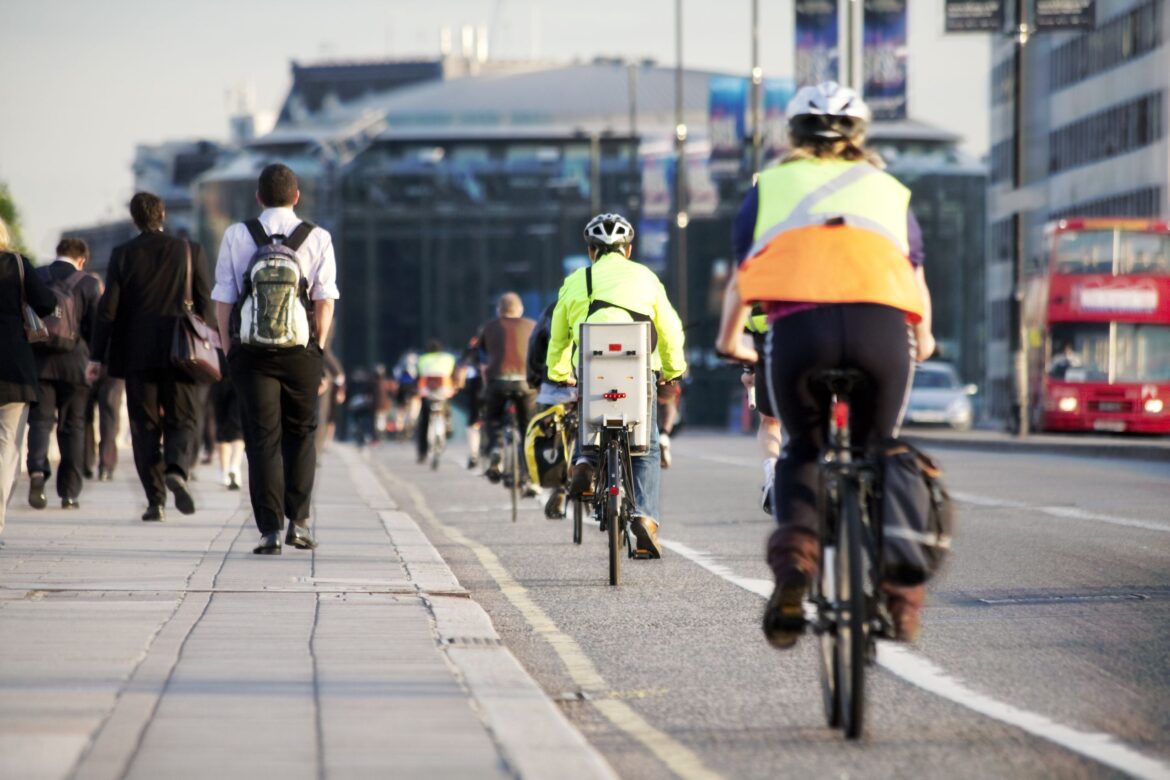Bicycle retailers and industry bodies have responded with concern to government plans to reinstate a cap on tax-saving purchases made via the Cycle to Work scheme.
Originally set at £1,000 upon the scheme’s launch in 1999, the cap was removed in 2019 as it was seen as restrictive, particularly for those who wanted to buy ebikes or e-cargo bikes.
Dan Parsons of ebike retailer Fully Charged told Cycling Weekly that since the removal of the cap, the number of sales he made via cycle to work had jumped from five to 40% – and that those could potentially be decimated by a cap.
He added: “If for example, a cap comes in at £2,000… we don’t stock bikes at £2,000 pounds or below. There is nothing in our store – and there are no good electric bikes out there really, under £2,000.
He added: “We are keen to work with the government to ensure the changes would not unintentionally damage the scheme and the significant benefits it delivers… Any new cap must not undermine recent efforts to ensure that everyone who wants to participate in the Cycle to Work scheme can do so easily.”
Cycling UK also responded to the news, with Sarah McMonagle telling Cycling Weekly: “While capping the scheme may sound like a sensible way for ministers to save money, in reality, it will cost the government a lot more. For every £1 spent on the Cycle to Work scheme, we see over £4 in returns: boosting productivity, reducing sick days, and saving households money.
“With the popularity of e-bikes and cargo bikes soaring, supporting these trends is not just good for individuals, but for the economy as a whole. Any proposal to cap the scheme must consider people who require higher-cost cycles, such as cargo bikes or assisted cycles for disabled people. If the government is serious about providing equal access to active travel, it needs to tailor the scheme to take into account women, families, those with disabilities and people in lower paid or unstable work.”
The ‘reform’ that Harrison alludes to and would prefer would be to address the fact that some schemes are able to cream off large proportions of retailer profits – up to 15% of the value of the bike in some cases. This makes them a double edged sword – meaning more sales but at far lower margins for retailers – and is something Cycling Weekly has written about on numerous occasions previously.
As Parsons points out, the current schemes don’t offer any benefit those on the lowest salaries who may pay little to no tax – the very people who would probably benefit the most.
